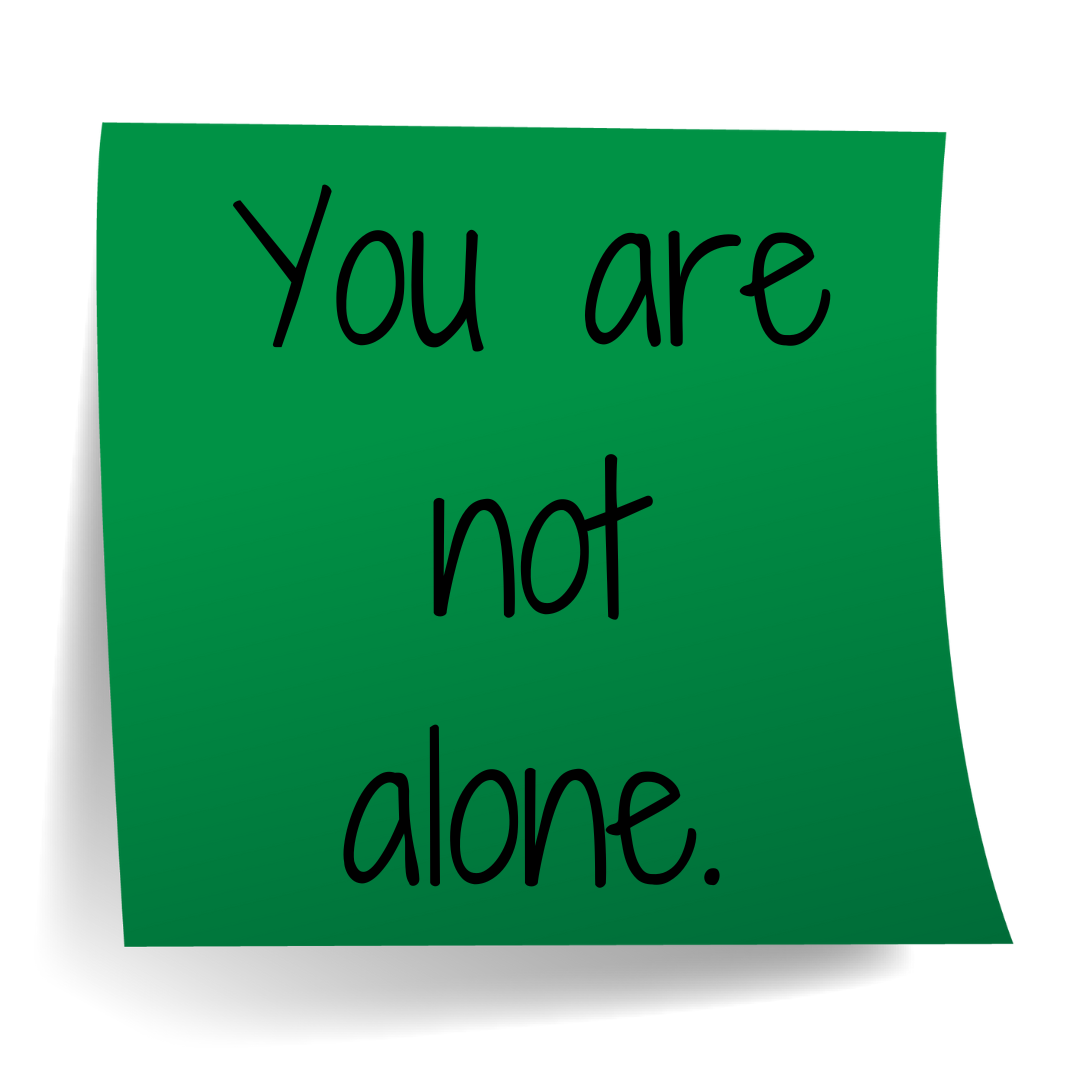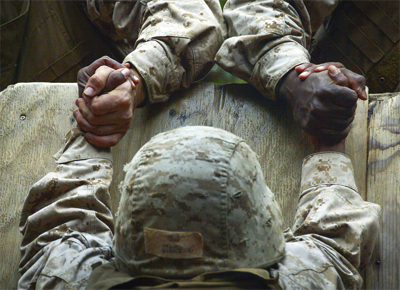 This page provides an overview that may be helpful for men in the DoD community who have been sexually assaulted. If we haven't covered a concern or questions you have, you can talk to a trained Safe Helpline staff member 24/7 online or by phone at 877-995-5247. You may also connect with other male survivors of sexual assault in the DoD community every Sunday from 1300-1500 ET for secure, anonymous, and online support via Safe Helpline's peer-to-peer group chat service, Safe HelpRoom.
This page provides an overview that may be helpful for men in the DoD community who have been sexually assaulted. If we haven't covered a concern or questions you have, you can talk to a trained Safe Helpline staff member 24/7 online or by phone at 877-995-5247. You may also connect with other male survivors of sexual assault in the DoD community every Sunday from 1300-1500 ET for secure, anonymous, and online support via Safe Helpline's peer-to-peer group chat service, Safe HelpRoom.
You're not alone.
Sexual assault can happen to anyone. Men who have been sexually assaulted or abused as boys and teens prior to military service may have many of the same feelings and reactions as other survivors of sexual assault. They may also face some additional challenges because of social attitudes and stereotypes about men and masculinity.
They may also face some additional challenges because of social attitudes and stereotypes about men and masculinity.
Common reactions:
If something happened to you, know that you are not alone. The following list includes some of the common experiences shared by men who have survived sexual assault. It is not a complete list, but it may help you to know that other people have had similar experiences:
- Anxiety, depression, fearfulness, or post-traumatic stress disorder
- Avoiding people or places that are related to the assault or abuse
- Concerns or questions about sexual orientation
- Fear of the worst happening and having a sense of a shortened future
- Feeling like "less of a man" or that you no longer have control over your own body
- Feeling on-edge, being unable to relax, and having difficulty sleeping
- Sense of blame or shame over not being able to stop the assault or abuse, especially if you experienced an erection or ejaculation
- Withdrawal from relationships or friendships and an increased sense of isolation
- Anger issues/lashing out
- Substance abuse issues


